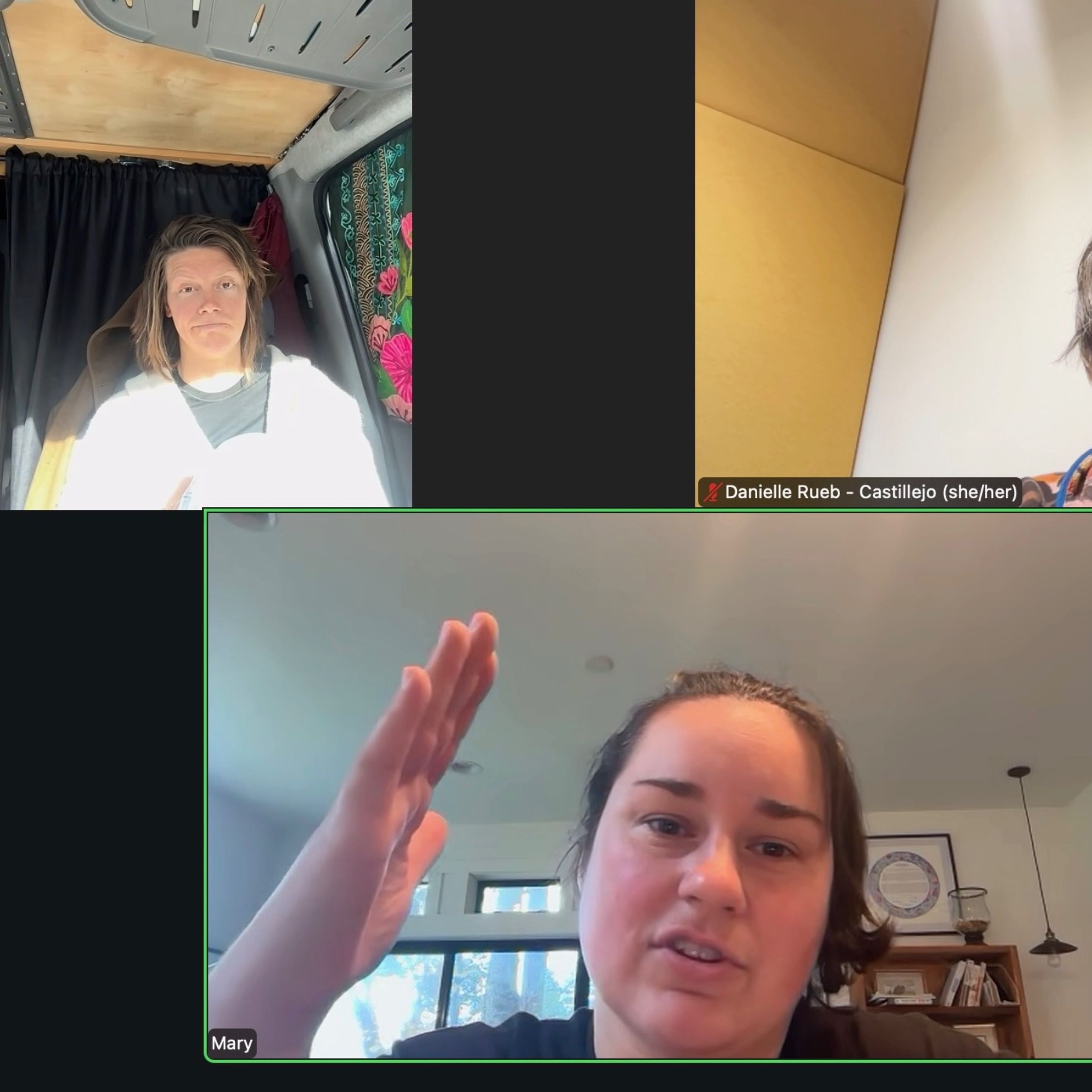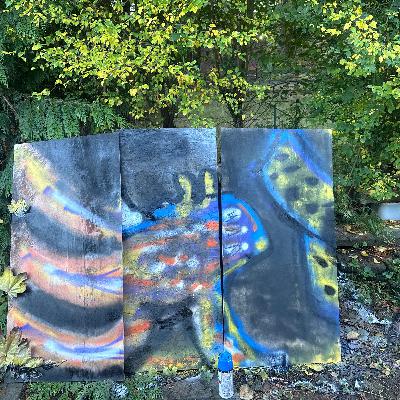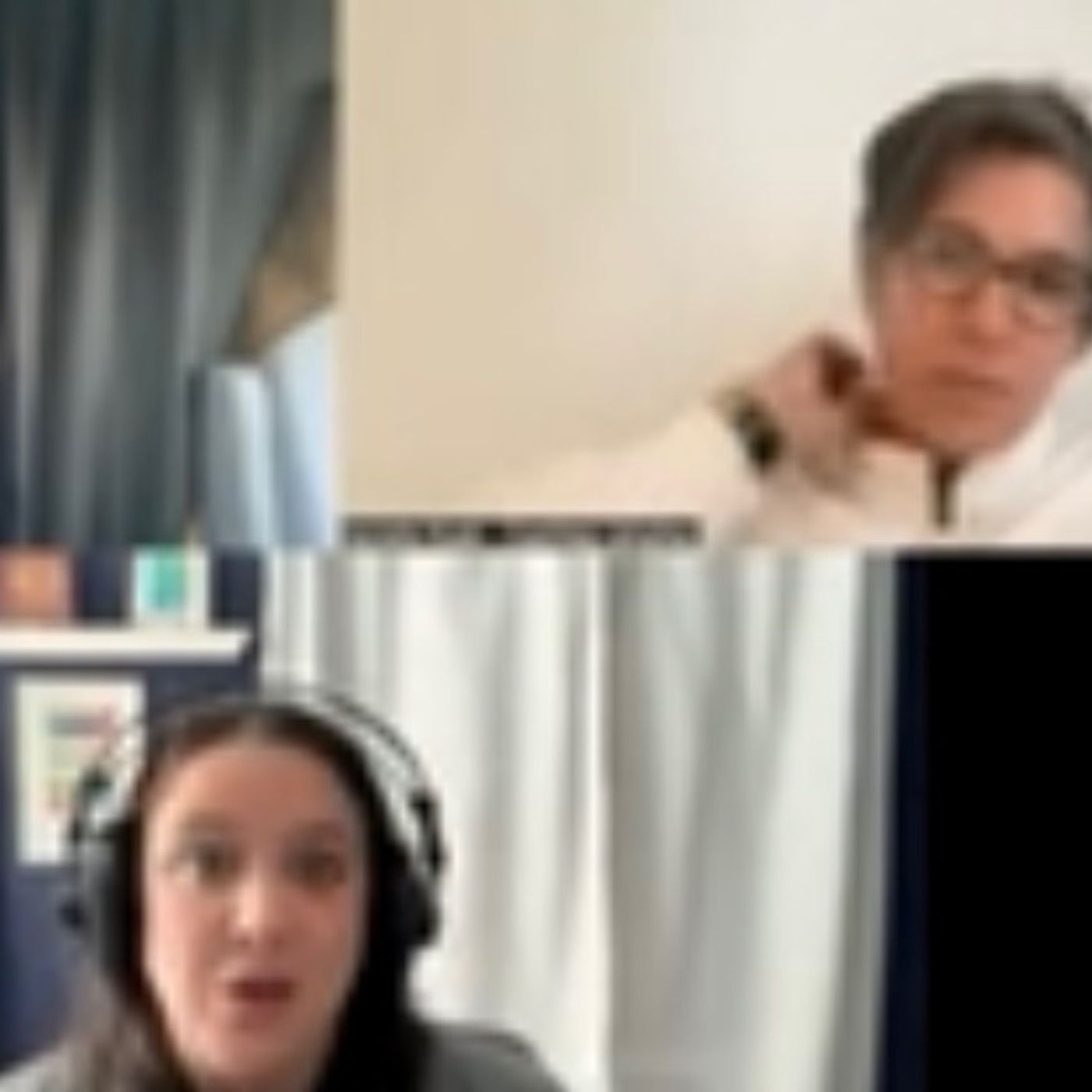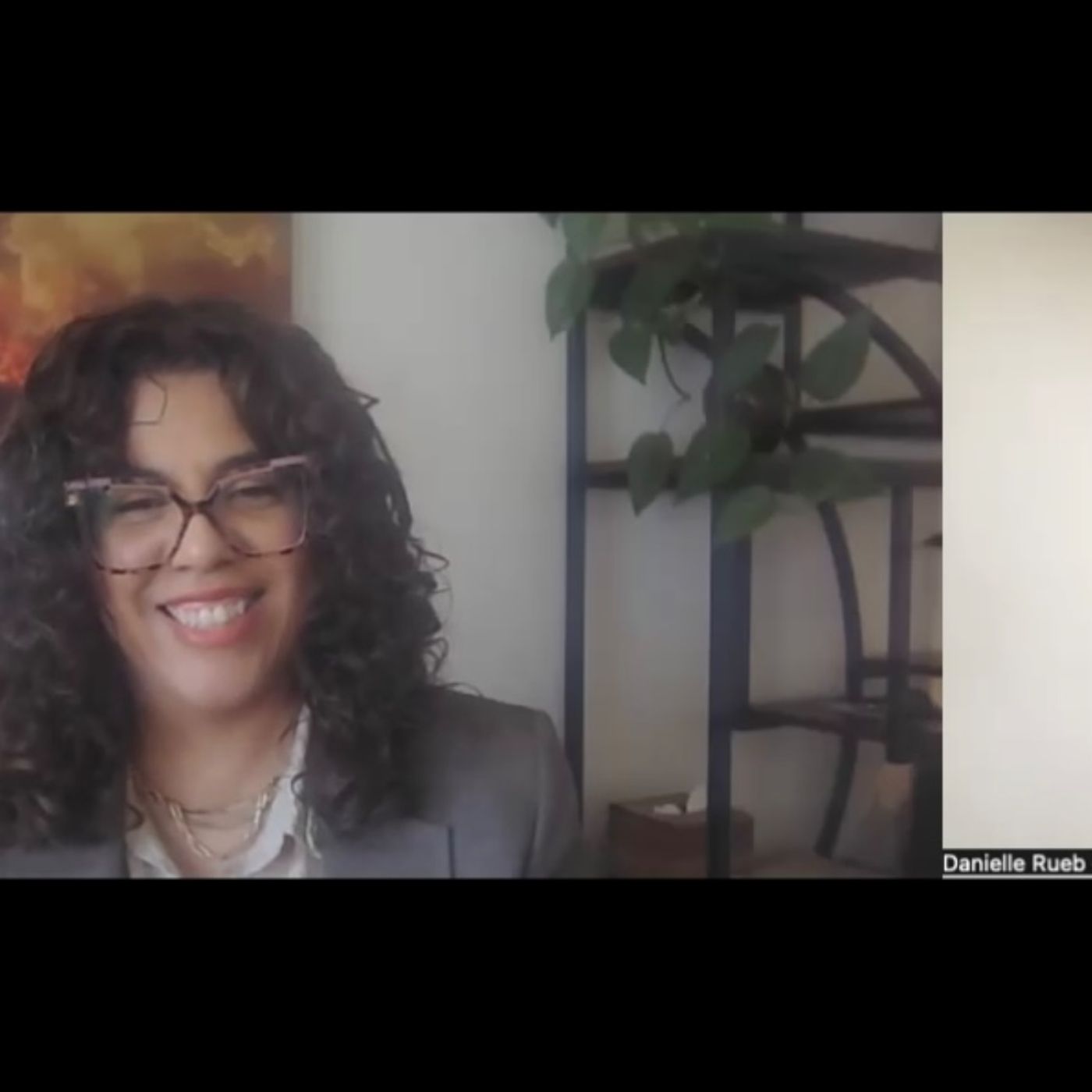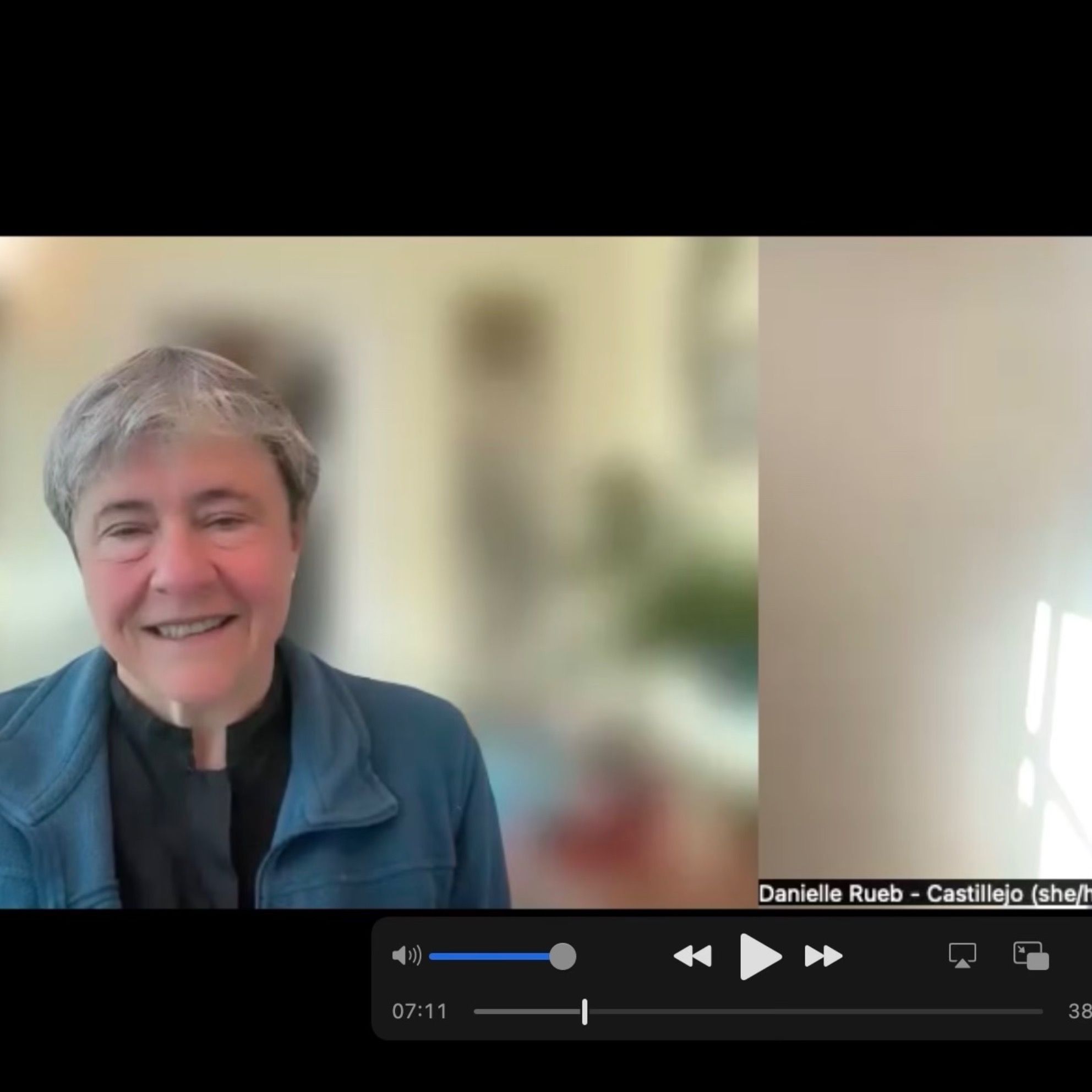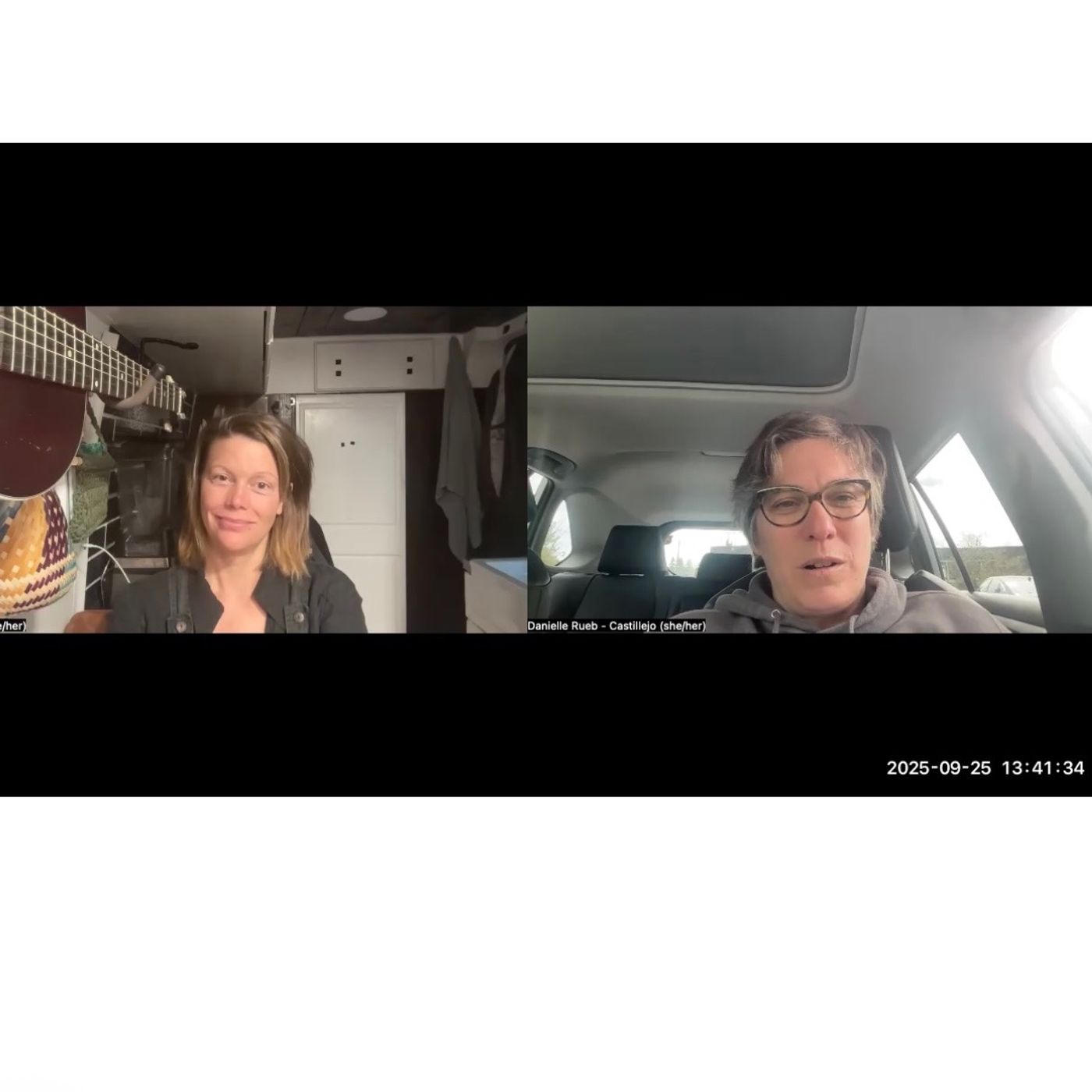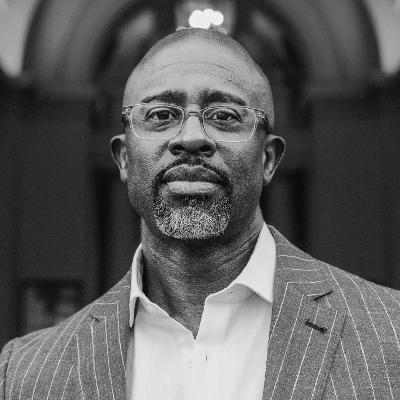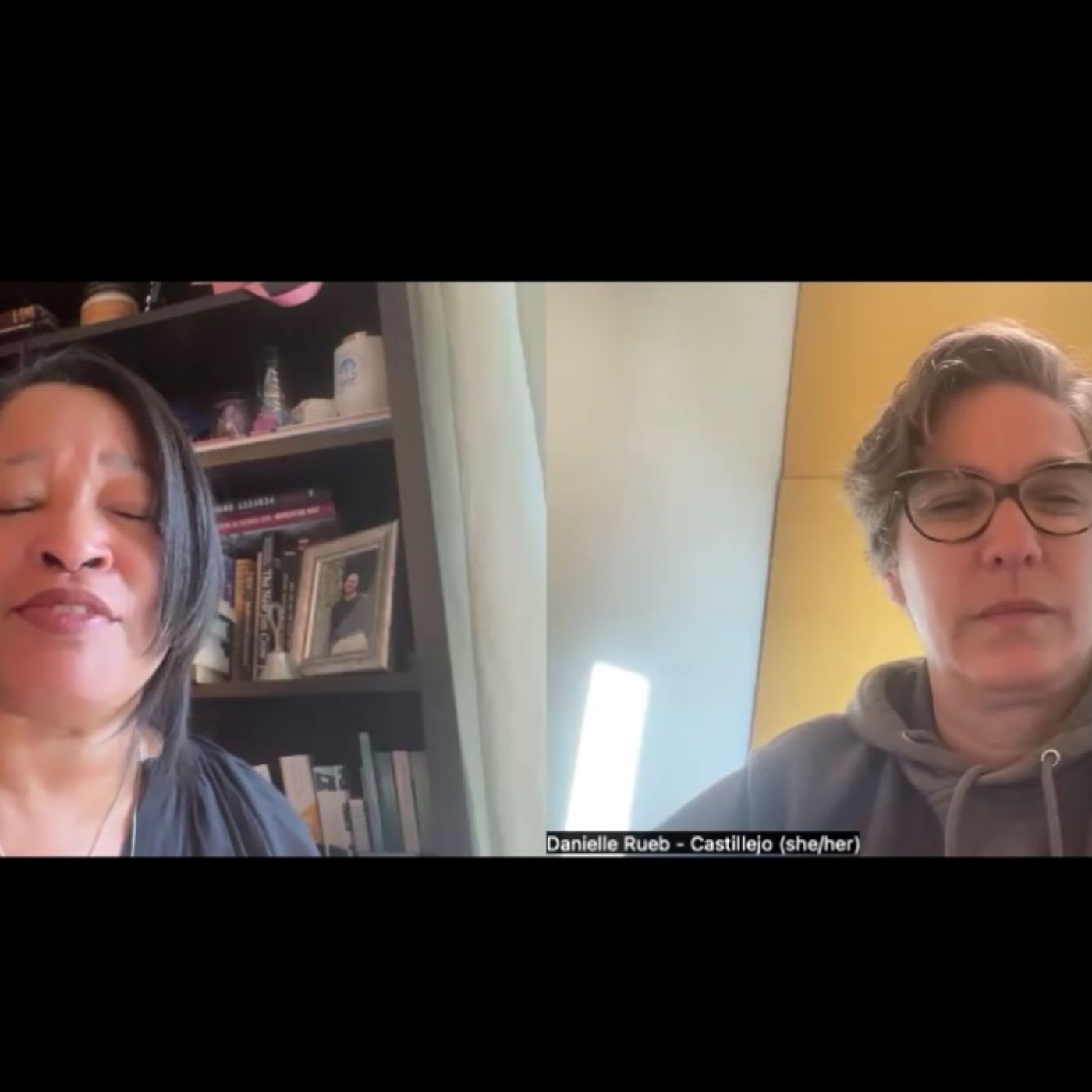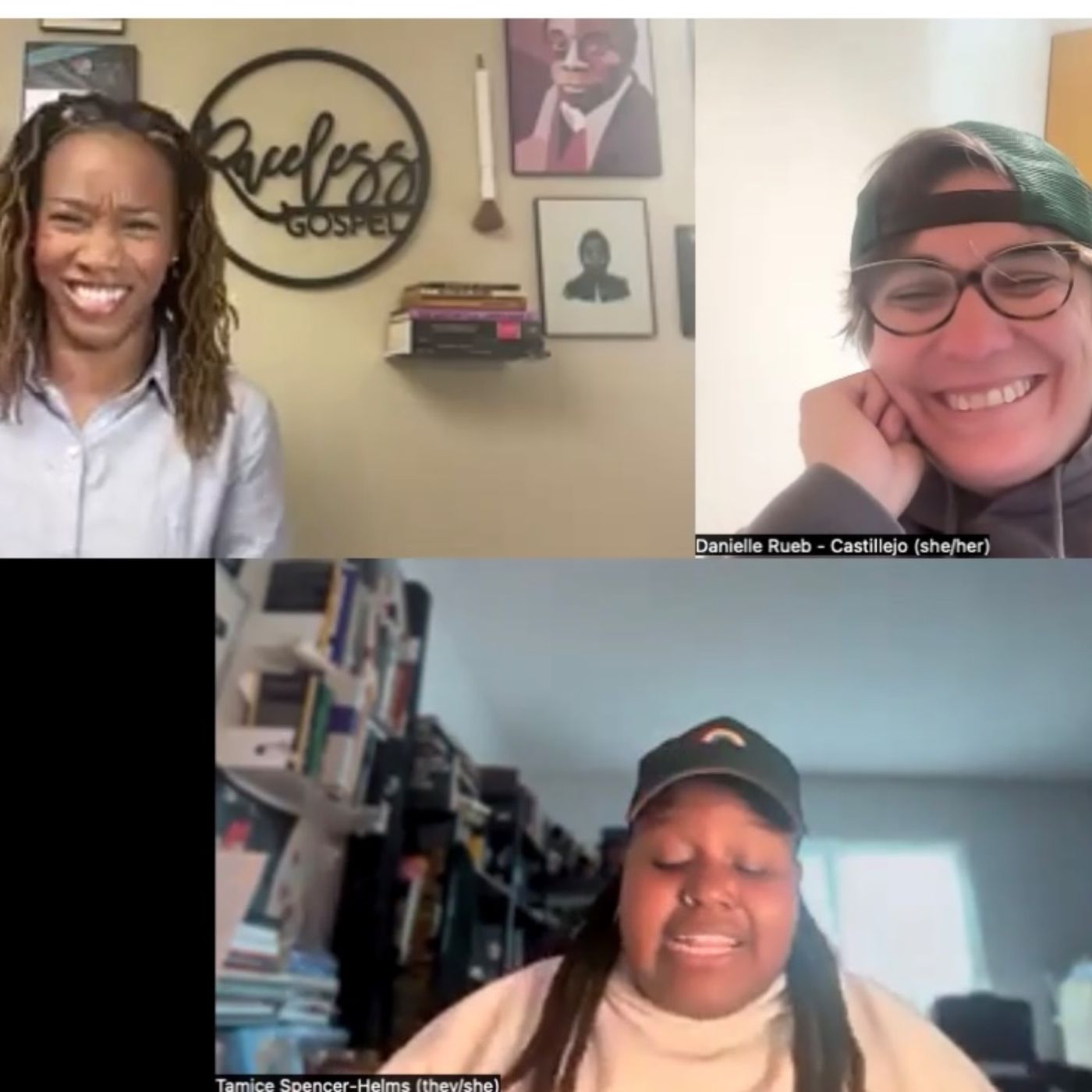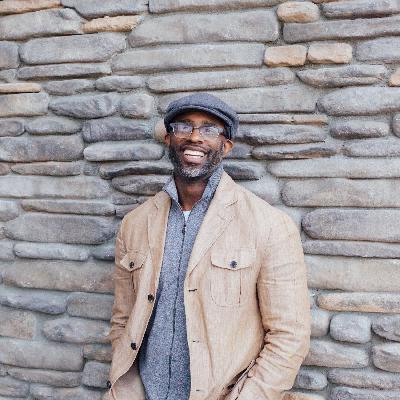Season 6, Episode 13: Jenny McGrath and Danielle Castillejo on Abstinence, Purity Culture and Epstein
Description
Bio: Jenny - Co-Host Podcast (er):
I am Jenny! (She/Her) MACP, LMHC
I am a Licensed Mental Health Counselor, Somatic Experiencing® Practitioner, Certified Yoga Teacher, and an Approved Supervisor in the state of Washington.
I have spent over a decade researching the ways in which the body can heal from trauma through movement and connection. I have come to see that our bodies know what they need. By approaching our body with curiosity we can begin to listen to the innate wisdom our body has to teach us. And that is where the magic happens!
I was raised within fundamentalist Christianity. I have been, and am still on my own journey of healing from religious trauma and religious sexual shame (as well as consistently engaging my entanglement with white saviorism). I am a white, straight, able-bodied, cis woman. I recognize the power and privilege this affords me socially, and I am committed to understanding my bias’ and privilege in the work that I do. I am LGBTQIA+ affirming and actively engage critical race theory and consultation to see a better way forward that honors all bodies of various sizes, races, ability, religion, gender, and sexuality.
I am immensely grateful for the teachers, healers, therapists, and friends (and of course my husband and dog!) for the healing I have been offered. I strive to pay it forward with my clients and students. Few things make me happier than seeing people live freely in their bodies from the inside out!
Danielle (00:10 ):
Welcome to the Arise Podcast with my colleague Jenny McGrath and I today Jenny's going to read a part of a presentation she's giving in a week, and I hope you really listen in The political times are heavy and the news about Epstein has been triggering for so many, including Jenny and myself. I hope as you listen, you find yourself somewhere in the conversation and if you don't, I hope that you can find yourself with someone else in your close sphere of influence. These conversations aren't perfect. We can't resolve it at the end. We don't often know what we need, so I hope as you listen along that you join us, you join us and you reach out for connection in your community with friends, people that you trust, people that you know can hold your story. And if you don't have any of those people that maybe you can find the energy and the time and the internal resources to reach out. You also may find yourself activated during this conversation. You may find yourself triggered and so this is a notice that if you feel that that is a possibility and you need to take a break and not listen to this episode, that's okay. Be gentle and kind with yourself and if you feel like you want to keep listening, have some self-care and some ways of connecting with others in place, go ahead and listen in. Hey Jenny, I'd love to hear a bit about your presentation if you don't even mind giving us what you got.
Jenny (01:41 ):
Yeah, absolutely. I am very honored. I am going to be on a panel entitled Beyond Abstinence Only Purity Culture in Today's Political Moment, and this is for the American Academy of Religion. And so I am talking about, well, yeah, I think I'll just read a very rough draft version of my remarks. I will give a disclaimer, I've only gone over it once so far, maybe twice, so it will shift before I present it, but I'm actually looking forward to talking about it with you because I think that will help me figure out how I want to change it. I think it'll probably just be a three to five minute read if that even
Okay. Alright. I to look at the current political moment in the US and try to extract meaning and orientation from purity culture is essential, but if we only focus on purity culture in the us, we are naval gazing and missing a vital aspect of the project that is purity culture. It is no doubt an imperialist project. White women serving as missionaries have been foot soldiers for since Manifest Destiny and the creation of residential schools in North America and even before this, yet the wave of white women as a force of white Christian nationalism reached its white cap in the early two thousands manifest by the power of purity culture. In the early 1990s, a generation of young white women were groomed to be agents of empire unwittingly. We were told that our value and worth was in our good pure motives and responsibility to others.
(03:31 ):
We were trained that our racial and gender roles were pivotal in upholding the white, straight, heteronormative, capitalistic family that God designed and we understood that this would come at us martyring our own body. White women therefore learned to transmute the healthy erotic vitality that comes from an awakening body into forms of service. The transnational cast of white Christian supremacy taught us that there were none more deserving more in need than black and brown bodies in the global south pay no attention to black and brown bodies suffering within the us. We were told they could pull themselves up by their bootstraps, but not in the bodies of color. Outside the membrane of the US white women believed ourselves to be called and furthermore trusted that God would qualify us for the professional roles of philanthropists, medical service providers, nonprofit starters and adoptive mothers of black and brown children in the global south.
(04:30 ):
We did not blanc that often. We did not actually have the proper training, much less accountability for such tasks and neither did our white Christian communities. We were taking on roles of power we would have never been given in white spaces in the US and in doing so we were remaining compliant to our racial and gendered expectations. This meant among many other things, giving tacit approval to international states that were being used as pawns by the US Christian. Right among these states, the most prominent could arguably be Uganda. Uganda was in the zeitgeist of white Christian youth, the same white Christian youth that experienced life altering commitments given in emotionally evocative abstinence rituals. We were primed for the documentary style film turned organization invisible Children, which found its way into colleges, youth groups, and worship services all over the country. Many young white women watched these erotically charged films, felt a compulsion to do something without recognizing that compulsion came from the same tendrils of expectations, purity, culture placed on our bodies.
(05:43 ):
Invisible children's film was first released in 2004 and in their release of Kony 2012 reached an audience of a hundred million in its first week of release. Within these same eight years, Ugandan President Veni who had a long entangled relationship with the US Christian right signed into law a bill that made homosexuality the death penalty in certain cases, which was later overturned. He also had been responsible for the forced removal of primarily acho people in Northern Uganda from their lands and placed them into internally displaced people's camps where their death T tolls far exceeded those lost by Coney who musevini claimed to be fighting against as justification for the violent displacement of Acho people. Muny Musevini also changed the Ugandan constitution to get reelected despite concerns that these elections were not truly democratic and has remained president of Uganda for the last 39 years. Uganda was the Petri dish of American conservative laboratory of Christo fascism where whiteness and heteronormative racialized systems of purity culture were embalmed. On November 5th, 2, 20, 24, we experienced what am termed the boomerang of imperialism. Those who have had an eye on purity cultures influence in countries like Uganda are not surprised by this political moment. In fact, this political moment is not new. The only thing new about it is that perhaps for the first time the effects are starting to come more thoroughly to white bodies and white communities. The snake has begun to eat its own tail.
Scary. Okay. It feels like poking an already very angry hornet's nest and speaking to things that are very alive and well in our country right now. So I feel that and I also feel a sense of resolve, you might say that I feel like because of that it feels imperative to speak to my experience and my research and this current political moment. Do you mind if I ask what it was like to hear it?
Danielle (08:30 ):
It is interesting. Right before I hopped on this call, I was doing mobility at my gym and at the end when my dear friend and I were looking at our DNA, and so I guess I'm thinking of it through the context of my body, so I was thinking about that as you're reading it, Jenny, you said poking the bear and before we shi


